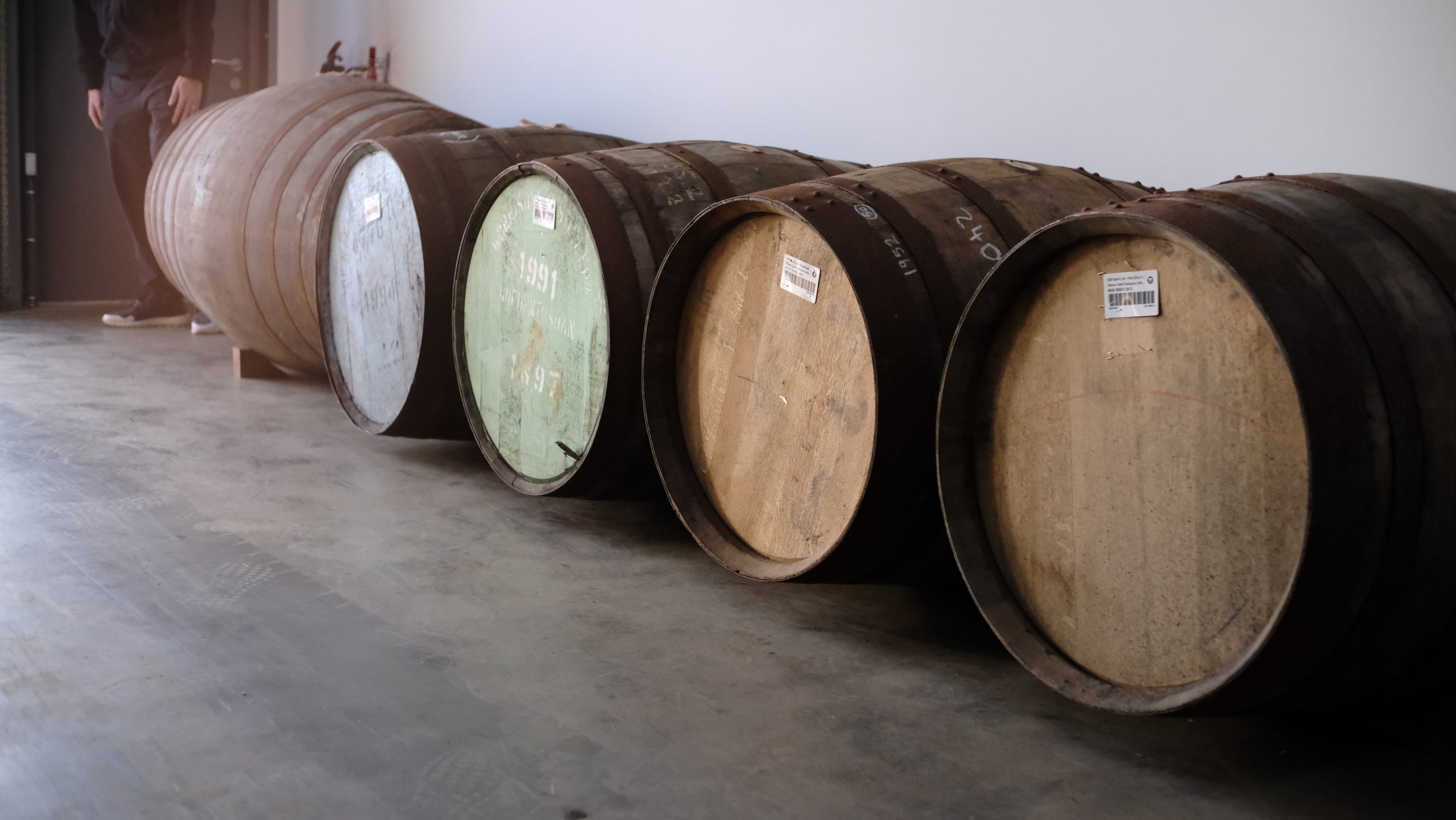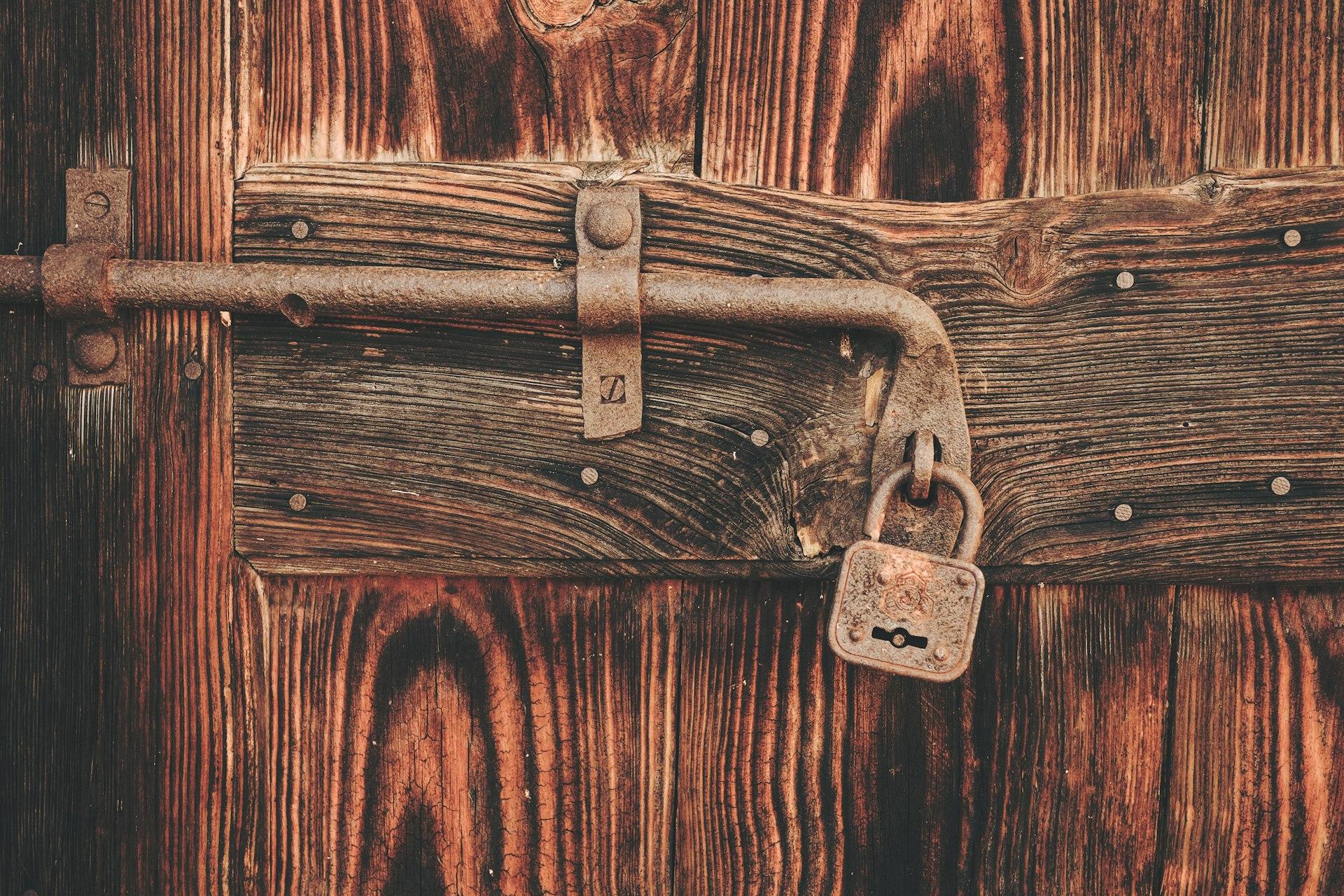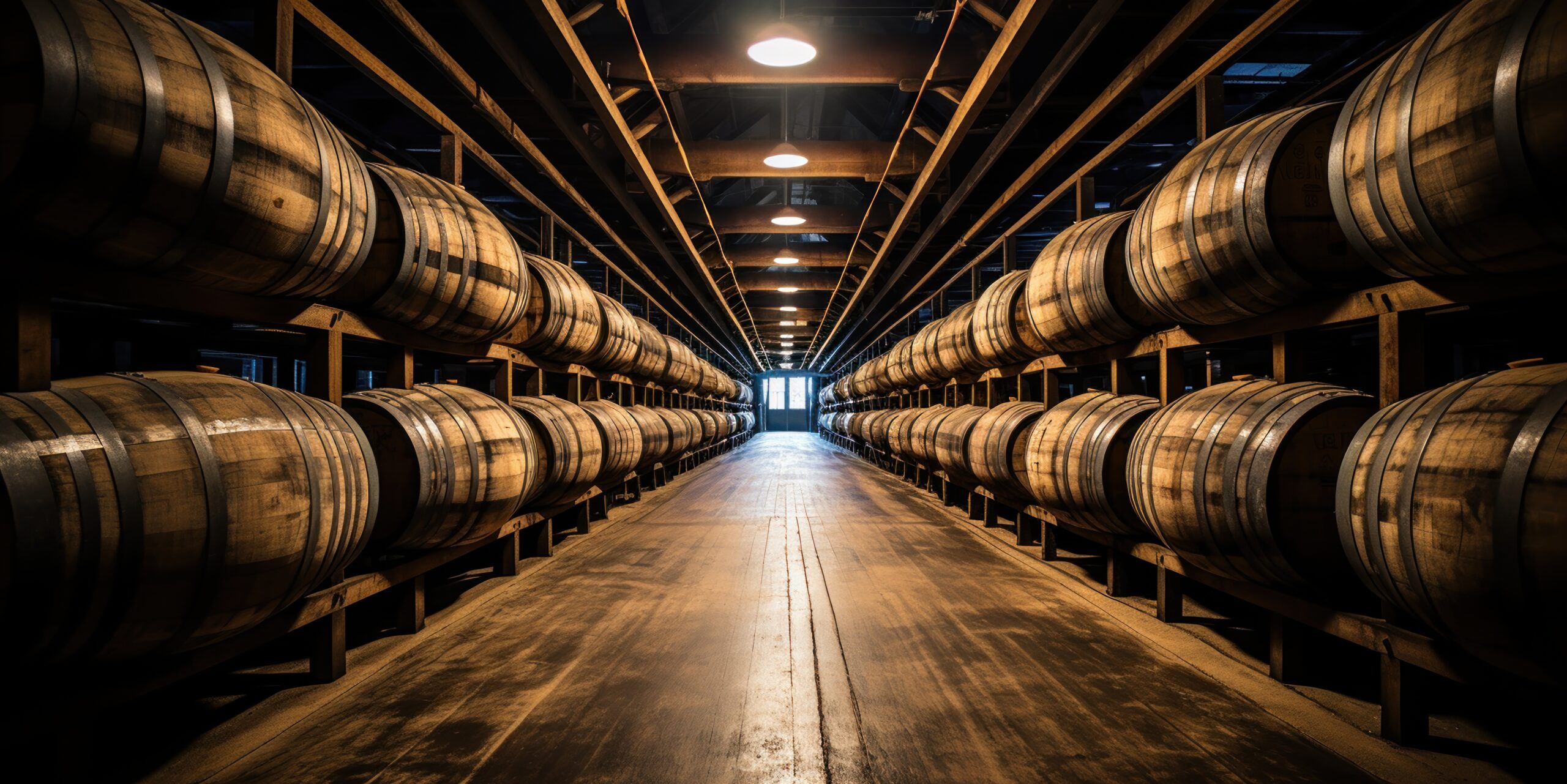The Uncomplicated Version
When buying a cask of whisky, the main areas to conduct due diligence are:
- Cost – Understand how cost is derived and how to appraise a cask value to ensure you’re getting a fair deal;
- Brokerage – Get to know who you’re buying from and the services they offer;
- Insurance – Know the different types of insurance that are offered on your cask and what is covered;
- Storage – Know the conditions of storage including cost and insruance and the facilities and services offered at the bonded warehouse where your cask is stored.
6 February 2025 – Due Diligence or DD is an important part of any major purchase. It’s not only important to do your research, but it’s also important to know how to do your research and how to interpret what you find. Every brokerage will have slightly different ways of presenting information, and it’s important that you know what questions to ask and how to ask them.
- How much should your cask cost?: This is generally a difficult question to answer objectively, as market forces and other variables that are not necessarily known can affect pricing. Whatever the case, you should feel comfortable with the price and understand the implications, risks, and of course the potential rewards.
- Know your broker: Get to know the person you’re dealing with. Are they proactive and clear in answering your questions? Did they anticipate your questions and concerns? Do they appear to be pressuring you into making a purchase prior to you having explored the many considerations involved in purchasing something this significant?
Note on rarity: Sellers will often try to instil a sense of urgency due to the rarity of a cask. Of course, every cask is unique, meaning that every cask is, in a sense, rare. However, rarity means something different with certain casks. Rarity can take many forms, so it’s important to consider some of the below examples so you can make an informed decision on whether the cask you’re presented is as rare as it purports to be (or if it’s simply a tactic to get you buy).
Examples of types of rarity:
- Limited release of casks available from a distillery
- A limited number of casks of a particular age range from a distillery
- Exceptionally good price for what it is
- A rare cask type (e.g. Sherry vs Bourbon)
3. Insurance: Insurance on a cask of whisky is sometimes mandatory and usually recommended. It is important that you determine if you’d like your cask to be covered by third-party insurance, and if so, make sure that your cask really is fully insured either by you, by your broker, or by the warehouse. Many brokerages will claim to have insurance, and while this may actually be the case, their insurance may not fully cover your cask.
4. Storage: Your cask will have to be stored in a bonded warehouse where either you or your broker have a storage account. Due to the way the chain of communication works when buying a cask, there will be occasions in which you do not know where the cask is currently stored, but you should generally be able to find out. You should also have an idea of where it may be destined to go. Asking these types of questions will help you to know how much your broker knows about what they’re selling you, how familiar they are with the logistics of cask ownership, and if they’re able to make special arrangements for you in order to accommodate your particular needs.
Lastly, it’s important to consider your motivations behind buying a cask. While strictly not DD this is a good inward assessment that can sometimes be overlooked during the DD process. Everyone has a different reason to want a cask of whisky. Does this cask suit your needs, desires, and financial goals? How patient are you able to be before selling the cask? Are you willing to bottle the cask if the ABV drops too low?
Drop us a line here if you’d like to learn more about our processes and how we address some of the above.
See the section about storage in What to Expect When Buying a Cask of Whisky



